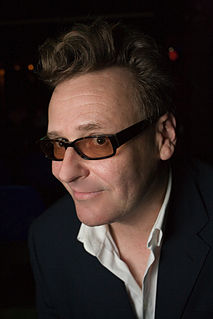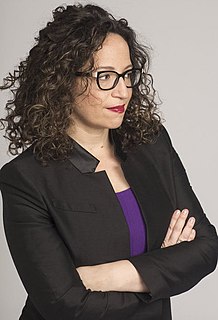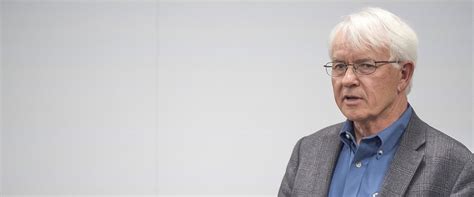A Quote by Neil Blumenthal
I previously worked as the director of VisionSpring, a non-profit dedicated to distributing glasses to people in need.
Related Quotes
I dismiss personal profit and focus exclusively on people and planet. That's what I call social business: a nondividend company dedicated to solving human problems. You can go all the way, forgetting about personal profit, being single-minded about solving problems. The company makes profit, but profit stays with the company.
The biggest challenges are always getting into the rooms that you need to get into and having people open to the types of stories that I want to tell. And I feel that just being a female director and doing that is a big deal in this country. On my third movie I worked with a French DP. I asked him has he ever worked with a woman director before? He said in France a third of directors are women; so you can’t avoid them. So I realized that the US is behind.
We need to reverse three centuries of walling the for-profit and non-profit sectors off from one another. When you think for-profit and non-profit, you most often think of entities with either zero social return or zero return on capital and zero social return. Clearly, there's some opportunity in the spectrum between those extremes. What's missing is the for-profit finance industry coming in to that area. Look at the enormous diversity of the for-profit financial industry as opposed to monolithic nature of the non-profit world; it's quite astonishing.
Japanese train signs, station signs, are really representative of the Japanese mind to me, because it always has the station where you are, the station you were previously at, and the station that is the next station. When I came to New York, I was very confused. It just doesn't say where I was and where I was going. But I realized after a while probably most people don't need to know what station you were previously at. But I think it's just some weird Japanese mentality that we need to know, we need to connect the plot.
Given that there are seven billion people living on this earth, there is a consistent quantity of imbecile or idiot, okay. Previously, these people could express themselves only with their friends or at the bar after two or three glasses of something, and they said every silliness, and people laughed. Now they have the possibility to show up on the internet. And so, on the internet, along with the messages of a lot of interesting and important people - even the Pope is writing on Twitter - we have a great quantity of idiots.



































